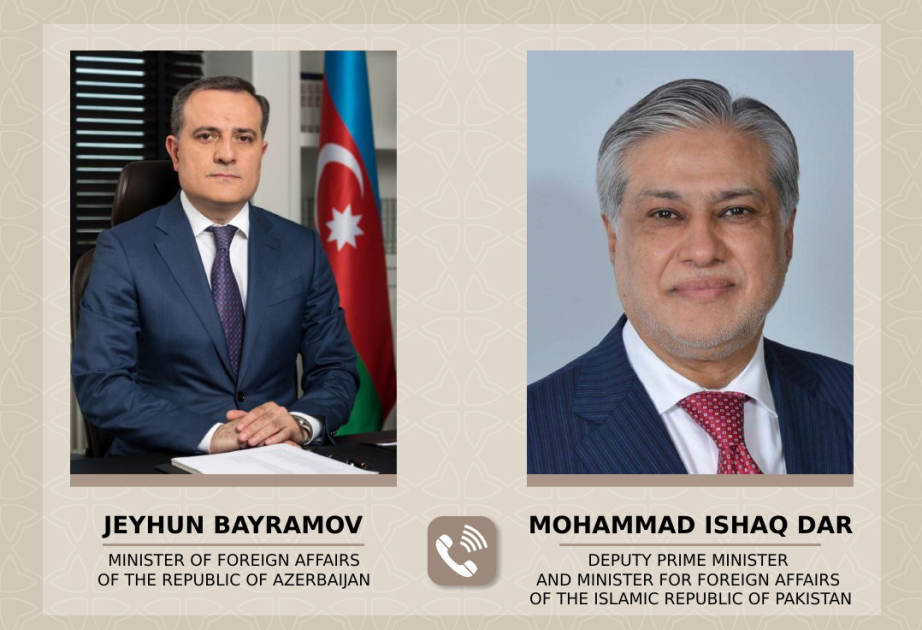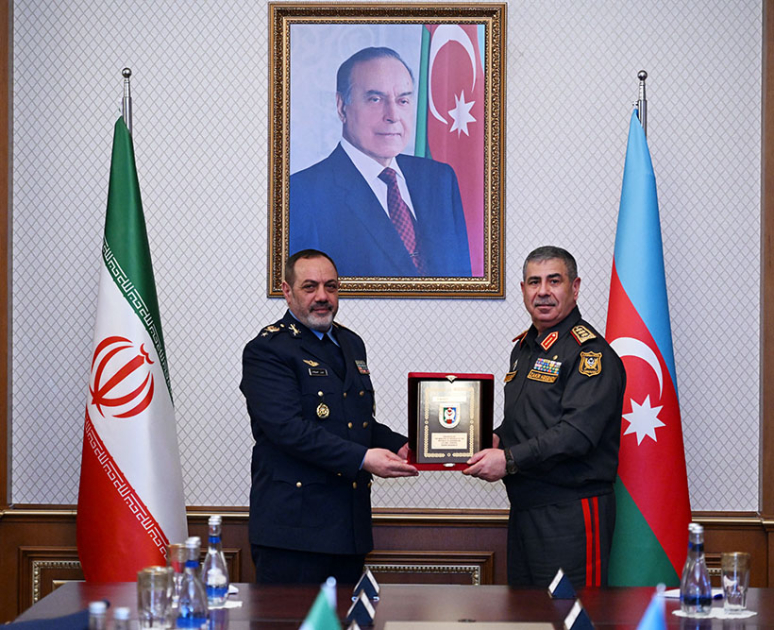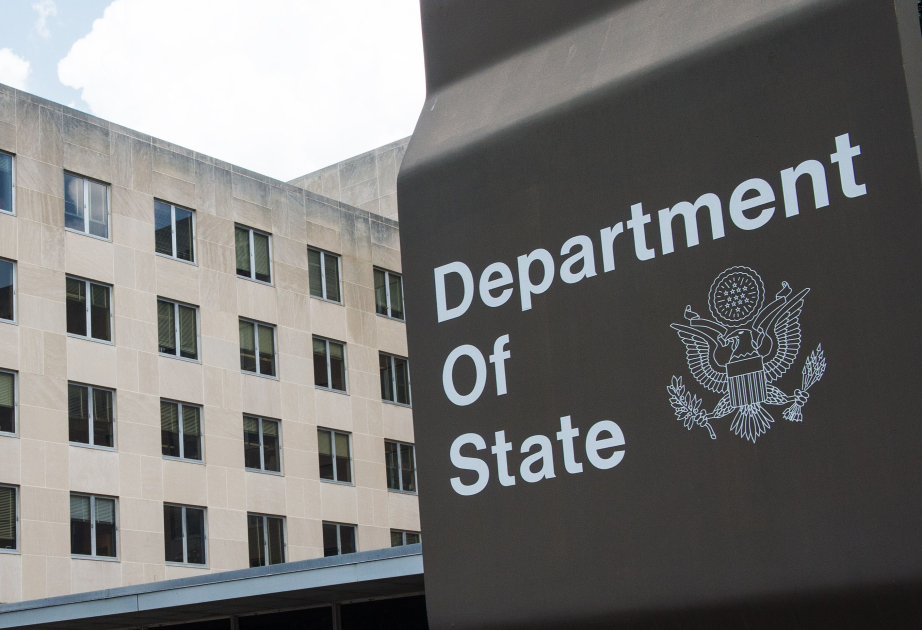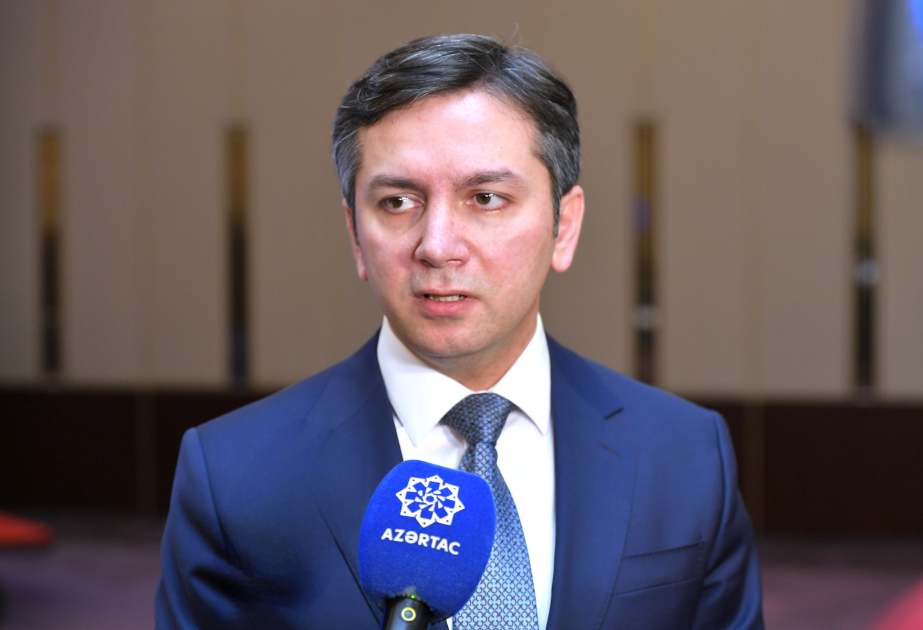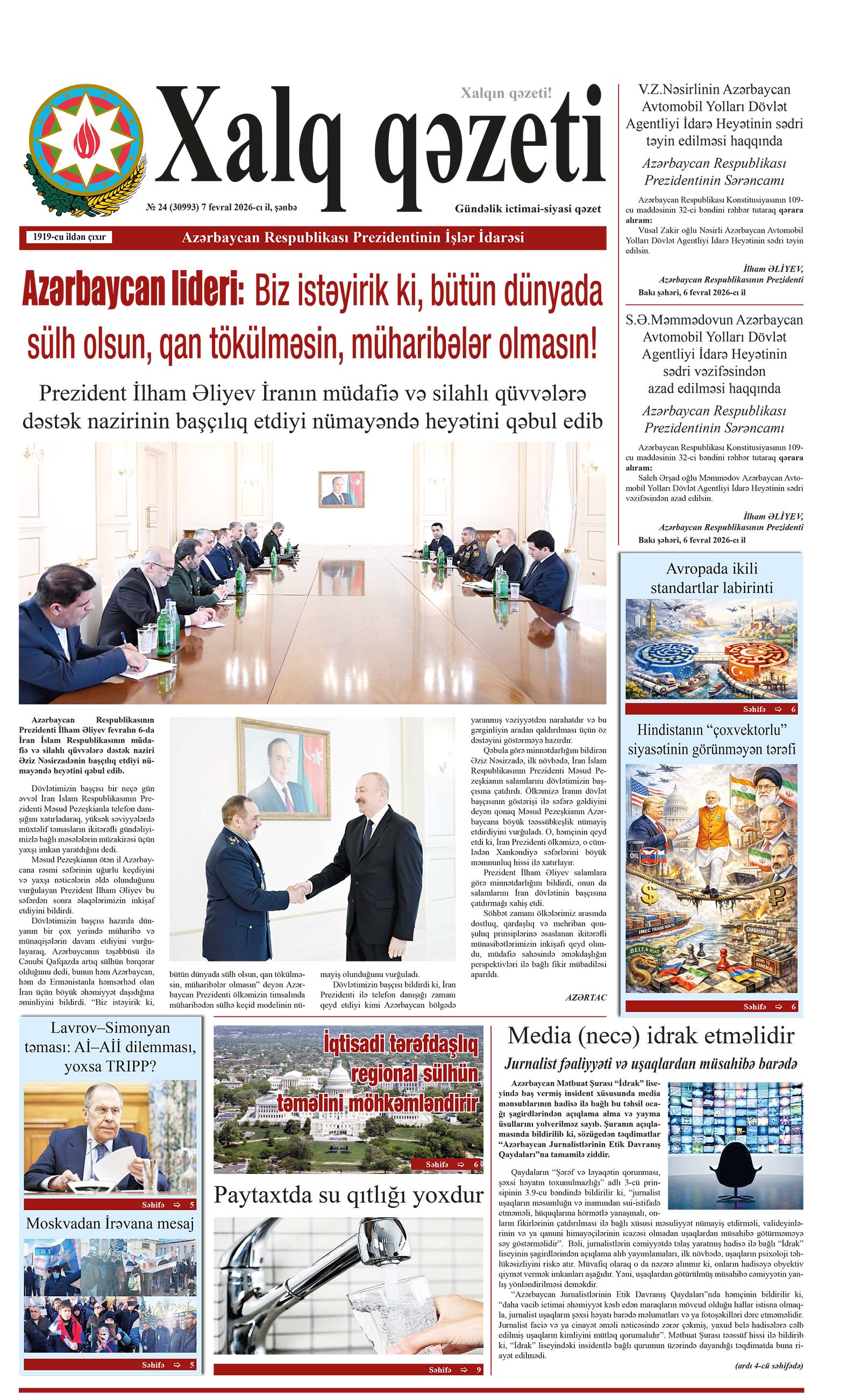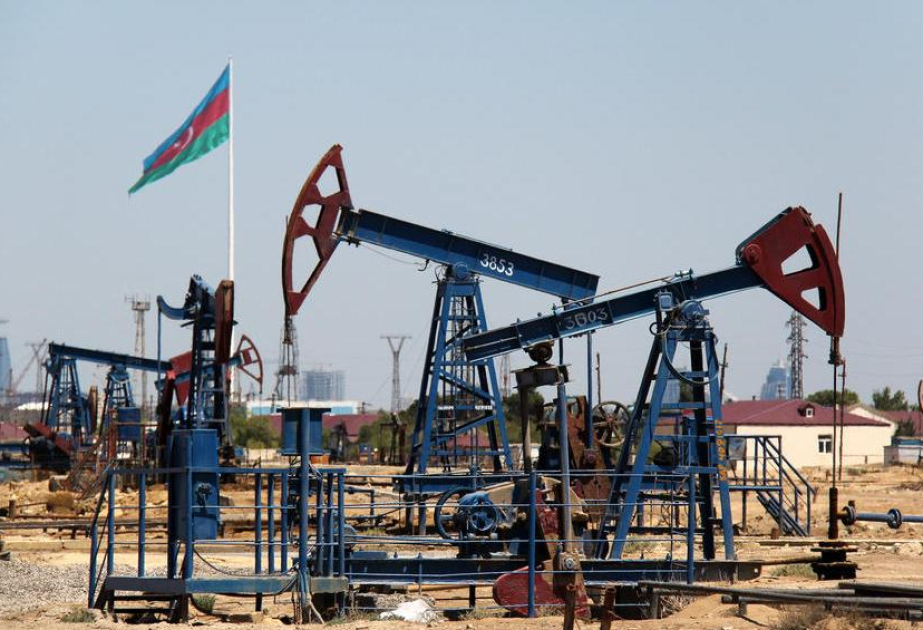Armenians have become swindlers and liars who hide their thoughts, feelings and intentions.
Alexandre Dumas (Father)
In our first article, we put forward the thesis that the risk of geopolitical fragmentation in the South Caucasus is based on the conflicting situation arising from the mutual relations of the two geopolitical lines currently competing in the region. One of those geopolitical trends is the "confrontational geopolitics" that dominated the South Caucasus in recent centuries. The other is the line of "new geopolitical constructivism" developed according to the essence and content of the post-war phase of the world's powerful geopolitical actors after the Second Karabakh war.
The actor of confrontational geopolitics in the region is Armenia. The leading force of constructive geo-politics is Azerbaijan! In a certain sense, the peculiarity of the mutual relations of these two local powers and the influence of the world's great powers on it is currently the main track of regional geopolitical processes. It is necessary to dwell on this side of the issue.
Political and geopolitical credibility
In general, from the end of the last century to the beginning of the XXI century, the understanding of the issue of credibility in politics has become more relevant. Researchers put the issue directly in the context of the meaning of "trust of the parties to each other". Regardless of the scale of the problem, it is examined in the context of a positive adjustment of political and geopolitical relations. For example, Francis Fukuyama in 1996 examined the problem of trust at the level of a society and country in close connection with social virtue and the factors leading to progress. He has studied models of economic, social and political reliability in different countries.
As an example, the author examines the degree of reliability of the USA, Great Britain, PRC, France, Japan, Russia and other countries. He combined all the factors in a single system and obtained general results. F. Fukuyama believes that success in the capitalist system is mainly determined by reliability. Here, reliability refers to the ability of people outside the family to unite without the help of the state. Based on that criterion, F. Fukuyama identifies the USA, Germany and Japan as countries with a high degree of reliability. In the political aspect, trust is viewed in two roles. The first is the degree of community-wide solidarity. Second, trust is to follow the "rules of the game" accepted at the community level. Including fulfilling obligations. F. Fukuyama writes that these roles are closely related to each other.
So, in general, trust is the sum of perceptions and moods of the subject (in this case, the state, the country), which reflects the expectation of an increase or decrease in its resources. At the same time, it is an indicator of the subject's level of readiness to perform these functions. Of course, the sum of the qualities opposite to them means unreliability. Psychologically, credibility can be understood as a prerequisite for communication.
In the background of all this, there is an interesting explanation of Confucian's concept of reliability. Humanism, lawfulness, kindness and wisdom are based on trust, and it is the basis of all these principles.
It should also be noted that one of the two aspects can play a more active role in the degree of reliability. One of them is the dominance of the rules of the game. Another is the superiority of personal relationships and moral factors. In the first case of credibility, society is governed by the rule of law. In the second type, personal relationships stand out, which intensifies recovery corruption. The first societies are called "cold societies", and the second ones are called "warm societies". They attribute Russia to the latter.
The issue of reliability is attributed to a separate society to such an extent that a number of researchers call this phenomenon "fearless work".
How can one conceptualize the application of these reliability theses to the political and geopolitical spheres? It is self-evident that credibility is important in political and geopolitical relations. It is not difficult to understand this both in the ordinary sense of the word and in the theoretical sense. And here it is possible to talk about the reliability of the states, their adherence to the accepted rules, the established rules of the game. If the state refuses to comply with the agreed conditions under any pretext, this is a high indicator of its insecurity. In such a case, that state does not expect results from the role it plays or does not believe that it will be effective. As a result, he becomes an unreliable partner.
A number of terms can be used such as political and geopolitical factors of distrust and trustworthiness. At the same time, it is necessary to look at the concepts of "political norms", "political sovereignty" and "political pressure".
Political norms
"Political norms" are important regulations regulating political values and political rules and patterns. In general, political norms regulate political behavior, expectations and standards, prohibitions according to the values of a specific political system. In that case, geopolitical norms on a regional scale mean the regulation of interstate relations according to the values of the region. Here, the security and stability of the region comes to the fore.
Political and geopolitical sovereignty
Among the highlighted theses, one can refer to concepts such as "political sovereignty" and "regional geopolitical sovereignty". Political sovereignty means that the state does not depend on other centers. Geopolitical sovereignty on a regional scale is the observance of geopolitical conditions that ensure the common interests of the countries of the region based on the neutralization of external influences. It is clear that both the individual states of the region must be sovereign here, and they must define common conditions that provide for the independence of the region as a whole in that "field" of sovereignty. But this is not the end. Because, at the same time, it is necessary to achieve practical compliance with those conditions.
It is clear from this that without political sovereignty, it is impossible for any independent state to really follow political (as well as geopolitical) norms. Therefore, political sovereignty is a common "background" that provides political norms. With the same logic, we can talk about geopolitical sovereignty. Any region becomes geopolitically sovereign when all regional countries follow the accepted rules. Moreover, let them achieve its geopolitical projection together (i.e. in interaction).
Political and geopolitical pressure
The role of the concept of "political pressure" should also be considered in determining the relationship between political sovereignty and political norms in the context of reliability. In fact, political (economic, social, ideological, energy, etc.) pressures in terms of geopolitical stability and integrity are a measure of the extent to which political norms can play a role in ensuring political sovereignty. Where there is zero political pressure, the norms can be maximally applied, otherwise the ratio will change. Therefore, the conceptual meaning of "political pressure" is important. Political pressure is a system of technological-ideological, diplomatic and economic influences applied by an external power in the geopolitical context and regional security to secure its interest on a regional scale. A special pressure group can be created for this. However, this is not an absolute condition. Essentially, the subject of pressure (or a powerful state or group of states) requires local countries to act on its terms in various ways. This inevitably causes backlash from local states and creates geopolitical fault lines (or fissures) in the region. Regional intrigues, confrontations and conflicts can arise along those geopolitical fault lines. Obviously, this situation can seriously affect regional divisions.
Thus, political or geopolitical pressure negatively affects the regional geopolitical integrity to varying degrees and leads to divisions. This process is directly related to the degree of credibility of the state.
Confrontation and geopolitical constructivism
Now, let's look at examples of the theoretical points highlighted in the concrete South Caucasus. We will look at the risk of geopolitical fragmentation in the common "space" of interactions between lines of geopolitical confrontation and new geopolitical constructivism. Let's start with concrete facts. Russian Foreign Minister Sergey Lavrov (his father is Armenian) called on the leadership of Armenia and stated that every post-Soviet country that trusts the United States (note that the concept of "trust" is used in a specific geopolitical context) has an "unenviable fate". Here, the political logic is based on three geopolitical points: First, "If Armenia loses Russia...", second, "a number of leading politicians in Yerevan say this", and third, "they accept the loss of Russia, as a rule, against the background of gaining the West."
Here, three logics create a general picture: according to Russia, Armenia is a geopolitically unreliable state! According to the rhetoric of Armenian politicians, the other side of this insecurity is trusting the West. Time will tell which of these is real. But what is important in the aspect of geopolitical insecurity is that this assessment of Russia has real content directly in the context of ensuring regional geopolitical security and stability. Because Moscow presents the issue on that level: "The fate of those who turn to the West is not enviable."
There is no doubt that such an approach is a sign that everything can change geopolitically in the South Caucasus. In this sense, we are talking about political pressure on Armenia. Such a pressure that the sovereignty of the Armenian state is questioned. And at the same time, it is to accuse Armenia of violating political norms and previously reached agreements in an illegitimate and provocative way!
(to be continued)
F. MOHAMMEDOGLU
XQ


.jpg)

